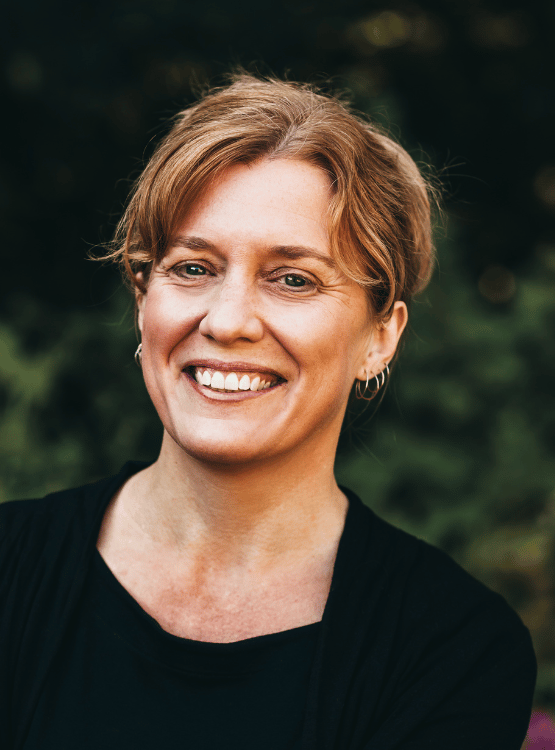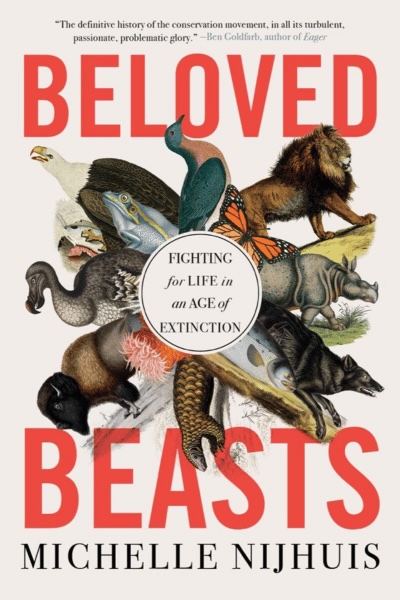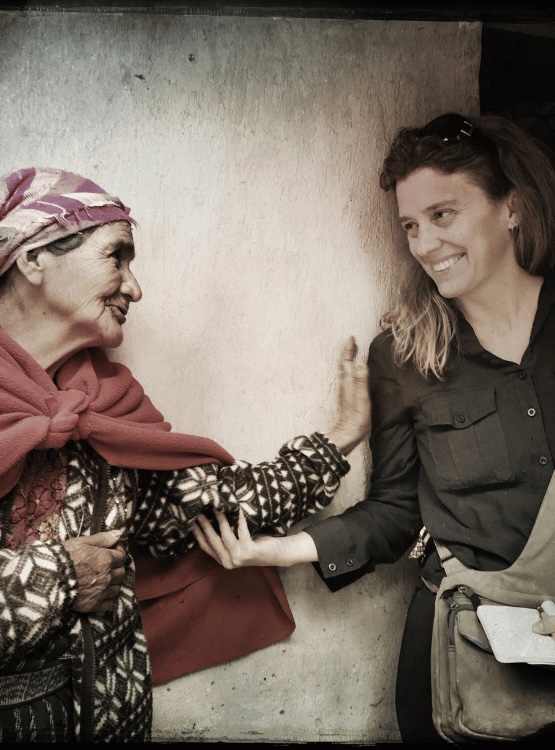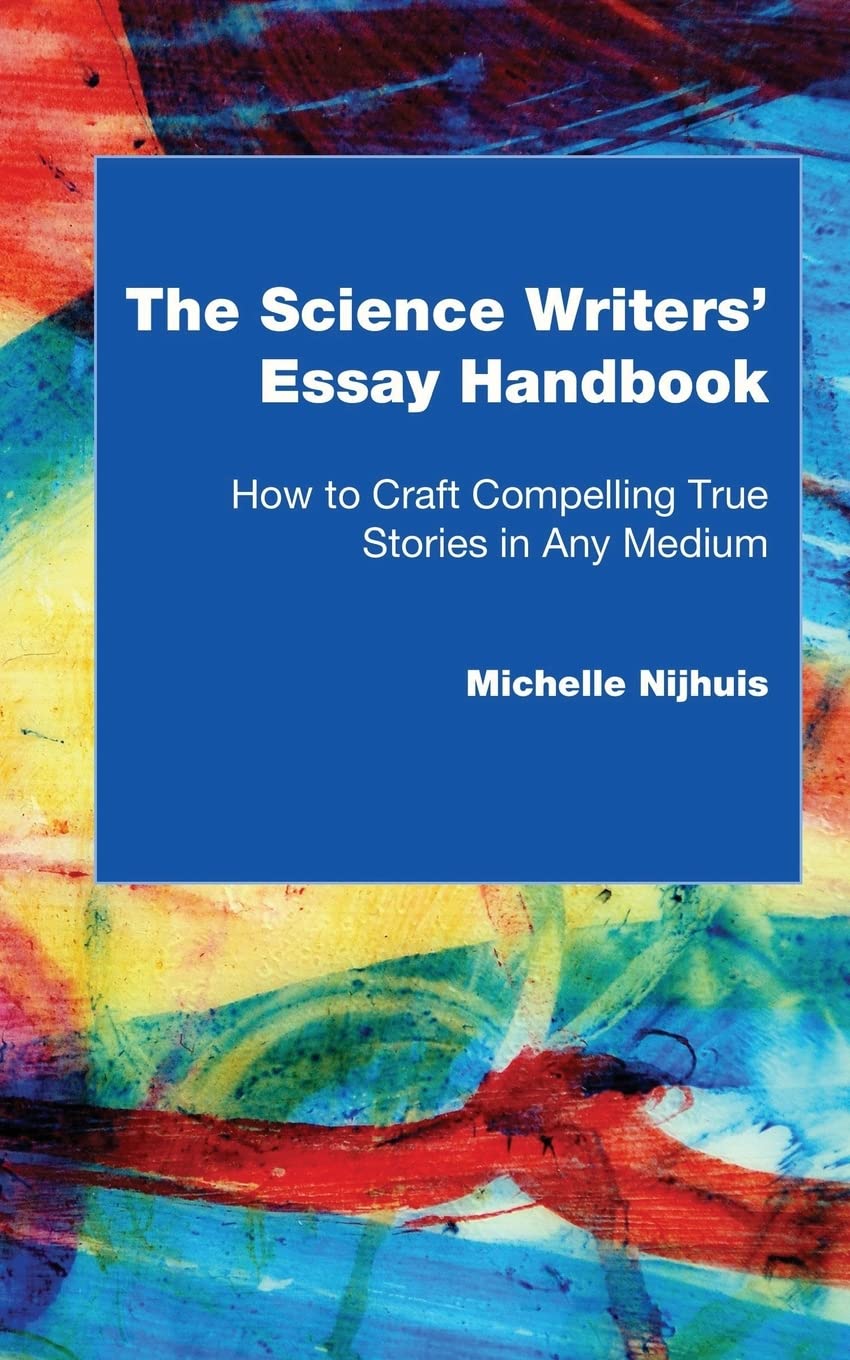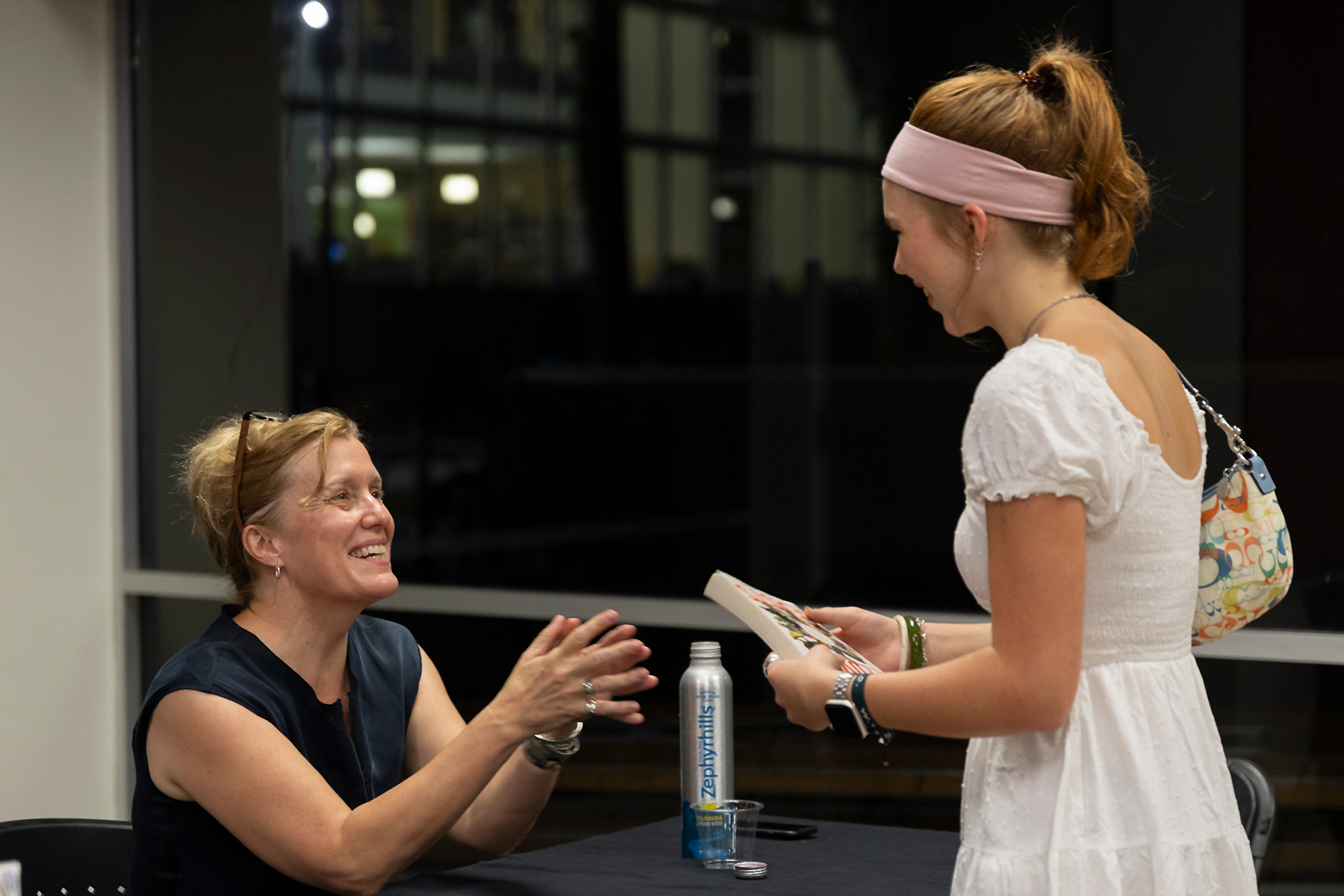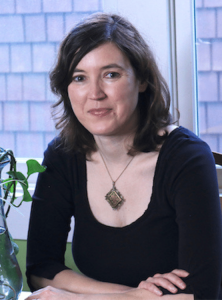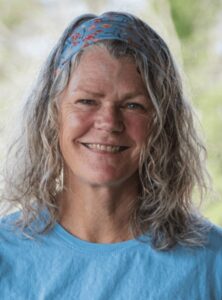Michelle Nijhuis is the author of Beloved Beasts: Fighting for Life in an Age of Extinction, a history of the modern conservation movement that was named one of the best books of 2021 by The Chicago Tribune, Smithsonian Magazine, Booklist, and other publications.
Michelle writes about conservation and climate change for publications including National Geographic, The New York Times Magazine, The New Yorker, and The Atlantic, and she’s a regular contributor to The New York Review of Books and a longtime contributing editor of High Country News, an independent magazine that produces some of the finest journalism in the American West.
Her work has won several national honors, including two AAAS/Kavli Science Journalism Awards and inclusion in four Best American anthologies, and it’s been generously supported by the Alicia Patterson Foundation, the Alfred P. Sloan Foundation, the Pulitzer Center on Crisis Reporting, and the Food and Environment Reporting Network.
Michelle is also the co-editor of The Science Writers’ Handbook: Everything You Need to Know to Pitch, Publish and Prosper in the Digital Age, and the author of The Science Writers’ Essay Handbook: How to Craft Compelling True Stories in Any Medium.
After fifteen years of living off the electrical grid in rural Colorado, Michelle and her family now live in White Salmon, Washington. (And if you’re wondering about her last name, it rhymes with “my house.”)
